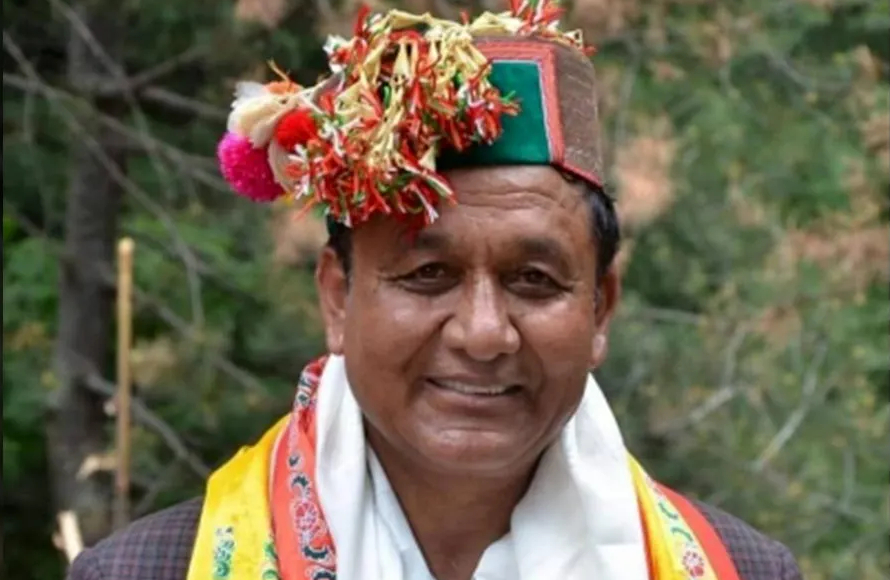The Indian state of Himachal Pradesh could soon see hemp legalized, according to signals from recent government deliberations.
A committee headed by state Revenue Minister Jagat Singh Negi has recommended allowing controlled cultivation of hemp for non-narcotic use, and the government is now preparing policy on the use of hemp derivatives.
The government’s goal is to make the state a leader in attracting investment while raising the economic prospects for impoverished rural areas and capitalizing on hemp’s environmental benefits. The state’s Cabinet will make final decisions on the policy.
Restrictions, ‘safeguards’
“The cultivation of cannabis will be limited to only industrial, medicinal and scientific purposes,” according to Negi. “The step reaffirms the government’s commitment to safeguarding the interests of farmers and consumers.”
Negi said the state’s hemp program will be framed in consideration of the state’s Narcotic Drugs and Psychotropic Substances Act, 1985, and Narcotic Drug and Psychotropic Substance (NDPS) Rules, 1989.
Himachal Pradesh officials have studied the hemp industry in Uttarakhand, where controlled cultivation of cannabis has been allowed since 2017 and a hemp program is more advanced. Uttarakhand was the first Indian state to legalize the hemp industry; Uttar Pradesh followed in 2018. The three states are clustered along the northeast coast of India.
Broad production plan
The Negi-led committee visited various parts of the Himachal Pradesh, including Kullu, Mandi and Chamba where they believe hemp will thrive, and where some areas are notorious for illegal marijuana farming.
Government advocates envision the production of hemp as an input for bio-plastics and natural construction material, pharmaceuticals, ayurvedic products, textiles, food and cosmetics. A strong hemp sector can create jobs and otherwise help boost local economies, and exports to international markets are also possible, they have said.
The production and sale of hemp products have been legal for several decades in India under strict rules in the 1985 NDPS Act and a 0.3% THC limit. However, states act independently, and many have yet to sanction hemp production, so the hemp industry has been slow to develop.
Several pilots
In addition to programs already operating in Uttarakhand and Uttar Pradesh, pilots have been initiated in Himachal Pradesh, Madhya Pradesh, Jammu and Kashmir, but commercialization has lagged.
The Food Safety and Security Authority of India signed off on regulations in 2021, opening up markets for hemp grain in the food and beverage sectors. But India faces the challenge of a weak ecosystem for developing hemp food products, exacerbated by a gap in knowledge and understanding of the processes involved in bringing products to market. Observers say research is still in an early stage, and that consumers must still be informed and educated about hemp.
India and the Indian subcontinent are home to many indigenous varieties of cannabis. However, quality hemp planting seeds are in short supply, and genetics for cultivation seed to produce grain for food still need to be developed.

